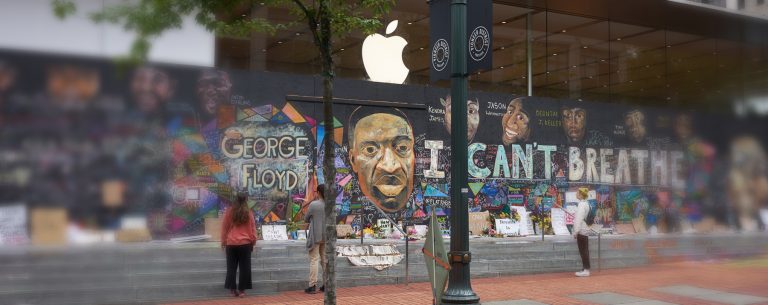In a continuing effort to examine the business sector's contributions to inclusive economic growth, join us April 10-11 for two days of discussions and exploration during the third annual Conference on Market-Based Solutions for Reducing Wealth Inequality.
What do we mean when we talk about “inequality”? There are numerous ways to measure it, each method with its relative strengths and weaknesses, and we must be clear what we mean when assessing inequality for policymaking.
Intersectionality has emerged as an important theoretical concept for examining intersecting social hierarchies and has garnered varying interpretations and applications in scholarly discourse. To help organize varied definitions of intersectionality that are commonly used in the social sciences, we propose a typology that distinguishes between primary, pragmatic, and pluralistic intersectionality.
We reassess whether and to what degree the hiring, development, and promotion decisions of S&P 500® companies have led to misrepresentation of and bias against their minority executives. Instead of the US population benchmark that has conventionally been used to measure misrepresentation, and from such misrepresentation attribute the presence and magnitude of racial bias and discrimination, we measure misrepresentation in US executives using the benchmark of the racial/ethnic densities (RAEDs) of their college cohort peers.
Scholars are increasingly recognizing that allyship affects allies themselves. Although existing scholarship covers a multitude of constructs, most of the literature focuses on social evaluations and their effects on allyship persistence. We posit that the dual focus on social evaluations and allyship persistence has limited the theoretical insights and applied relevance of scholarship on the consequences of allyship for allies.

We reassess whether and to what degree the hiring, development, and promotion decisions of S&P 500 companies has led to misrepresentation of and bias against their minority executives. Instead of the US population benchmark that has conventionally been used to measure misrepresentation, and from such misrepresentation attribute the presence and magnitude of racial bias and discrimination, we measure misrepresentation in US executives using the benchmark of the racial/ethnic densities (RAEDs) of their college cohort peers. Our key result is that the differences between US executive RAEDs and the RAEDs of their college peers are far smaller than those found using the US population, typically by an order of magnitude or more.

What can the corporate response to George Floyd’s murder teach us about today’s diversity challenges? Discover how meaningful actions on racial equity affected market valuations, through research from UNC Kenan-Flagler's Daniela De la Parra.
In a continuing effort to examine the business sector's contributions to inclusive economic growth, the second annual Conference on Market-Based Solutions for Reducing Wealth Inequality will bring top researchers and private sector representatives to the University of North Carolina at Chapel Hill on April 25-26.
In a series of very influential studies, McKinsey (2015; 2018; 2020; 2023) reports finding statistically significant positive relations between the industry-adjusted earnings before interest and taxes margins of global McKinsey-chosen sets of large public firms and the racial/ethnic diversity of their executives. However, when we revisit McKinsey’s tests using data for firms in the publicly observable S&P 500® as of 12/31/2019, we do not find statistically significant relations between McKinsey’s inverse normalized Herfindahl-Hirschman measures of executive racial/ethnic diversity at mid-2020 and either industry-adjusted earnings before interest and taxes margin or industry-adjusted sales growth, gross margin, return on assets, return on equity, and total shareholder return over the prior five years 2015–2019.
Universal childcare reform implemented in Quebec, Canada, in the late 1990s boosted the careers and earnings of new mothers and produced positive outcomes for some companies as well.
Reactions from Wall Street and Main Street to how a company addresses – or doesn’t address – issues of gender inequality and sexual harassment affect social media sentiment, brand equity and market value, new research shows.

This work examines the effects on worker psychological well-being and productivity of highly publicized negative identity-related societal events, such as the 2020 murder of George Floyd, mass shootings like the 2016 Pulse nightclub shooting that targeted LGBTQ+ individuals, and the 2021 Atlanta area Spa shootings that targeted individuals of Asian descent.






